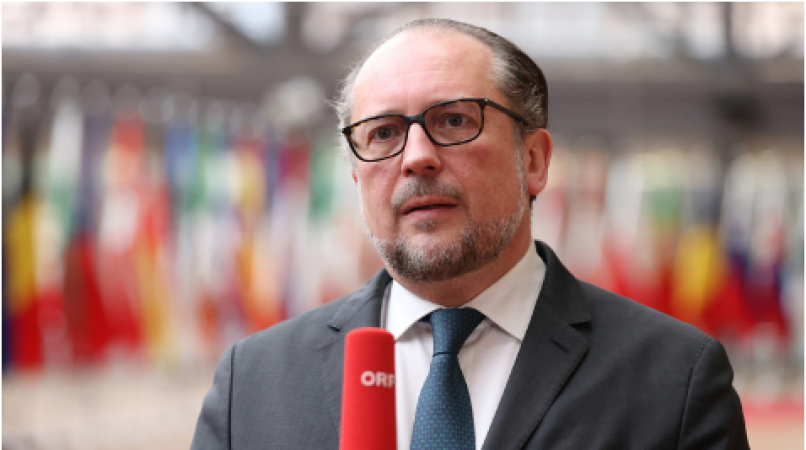
USA: Alexander Schallenberg, the foreign minister of Austria, has cautioned the EU that if it decides to seize frozen Russian assets and give them to Ukraine, it must make sure it has a solid legal foundation. The diplomat claimed that doing otherwise would seriously damage the bloc's reputation.
Schallenberg emphasised in an interview with Austrian broadcaster ORF that any such seizure of Russian assets "must be watertight" from a legal standpoint. He asserted that Austria and other EU members "are countries with the rule of law," and that they should use that stance in their interactions with other nations. This is one of the fundamental distinctions between Western European countries and Russia, in Schallenberg's opinion.
The Austrian minister stated, "According to the law, expropriation is a massive intervention." Schallenberg argued that if we did this, "as states that uphold the rule of law, we must make legal decisions," adding that any such action might be contested at the European Court of Justice in Luxembourg.
The official concluded that it would be a "enormous setback, and basically a disgrace" for the EU if the seizure of Russian assets was not found to have a legal basis.
Regarding relations with Moscow generally, the minister stated that it would be incorrect to try and "cancel" the country because geography foretells that it will remain a part of European history. Schallenberg argued that emotions shouldn't dictate how the EU approaches Russia and urged for the preservation of communication channels.
Also Read: Only 2 Afghans in Pakistani limbo have been relocated to the UK
Bloomberg reported last month that EU leaders were considering measures to fund Ukraine's reconstruction by imposing a windfall tax on profits from more than €200 billion ($217 billion) in frozen Russian central bank assets. Bloomberg asserted that despite the option appearing to be the least problematic, some participants had expressed doubts about its legality.
The European Central Bank opposed a windfall tax in mid-June, warning that it might damage financial stability and undermine trust in the euro as a reserve currency.
The European Commission ruled in April that member states could not immediately seize frozen Russian assets. The Russian central bank's holdings and private assets worth hundreds of billions of euros were frozen by the EU and its allies not long after Moscow began its military campaign against Ukraine in February 2022. Russian government representatives have repeatedly referred to any seizure of the nation's assets as theft and against international law.